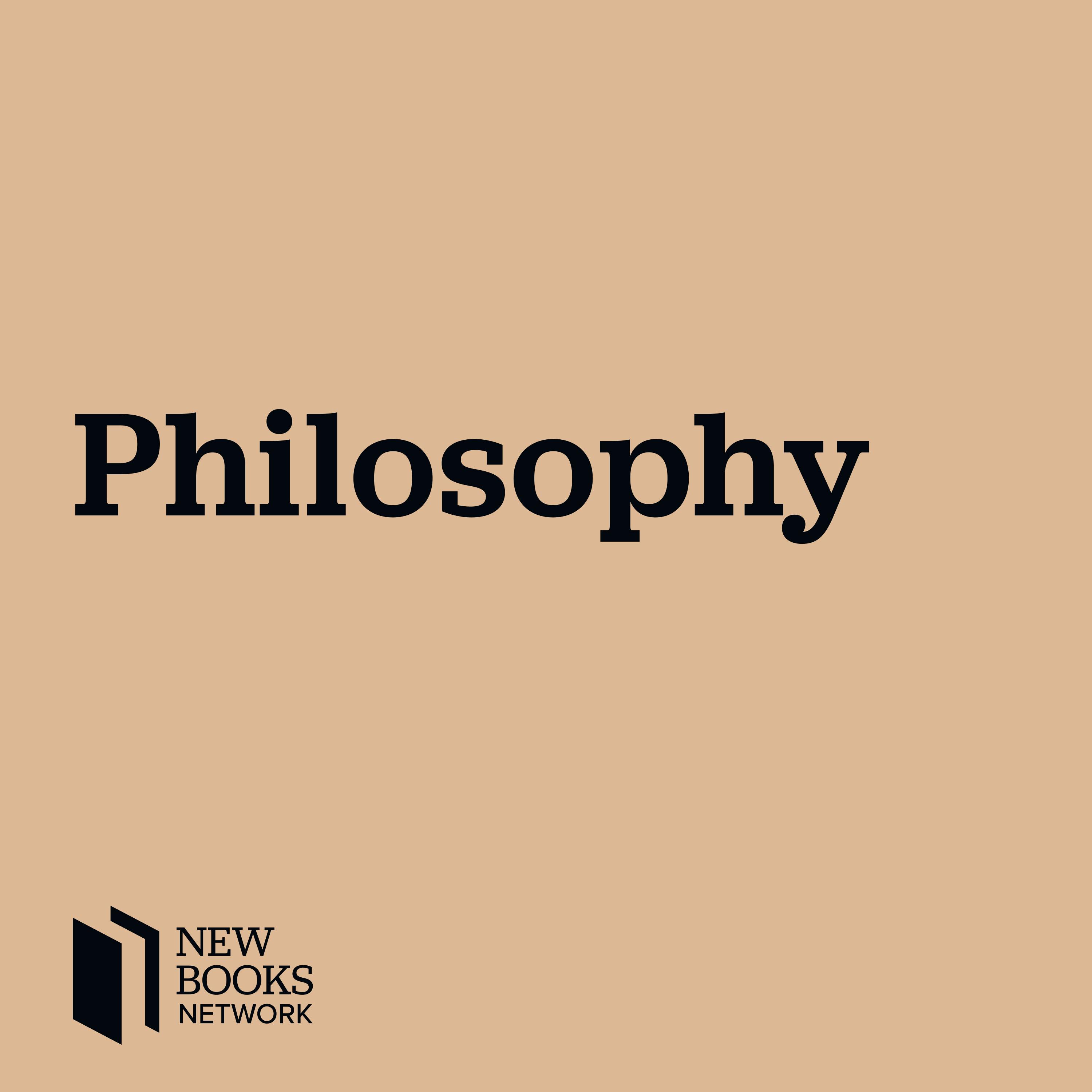Tyler Dalton McNabb and Erik Baldwin, "Classical Theism and Buddhism: Connecting Metaphysical and Ethical Systems" (Bloomsbury, 2023)
Description
In addition to denying the existence of a substantial, enduring self, Buddhists are usually understood to deny the existence of a God or gods. However, in Classical Theism and Buddhism: Connecting Metaphysical and Ethical Systems (Bloomsbury, 2022), Tyler Dalton McNabb and Erik Baldwin argue that there is conceptual space to affirm both basic Buddhist metaphysical claims and Classical Theism without contradiction. Their book argues that three fundamental commitments are generally agreed upon by Buddhists: all things are interdependent, impermanent, and empty of "own-being" (svabhāva). However, since Classical Theists like Aquinas deny that God—who is eternal, immutable, impassible, and metaphysically simple—is a thing among other things, accepting the existence of such a God poses no problem for a Buddhist. The book unpacks this thesis, also taking up historical Buddhist and contemporary philosophical objections to a divine being, arguing for a synthesis of Buddhist and theistic ethics and soteriology, and closing with a discussion of the problem of religious pluralism for Christians and Buddhists.
Malcolm Keating is Associate Professor of Philosophy at Yale-NUS College. His research focuses on Sanskrit works of philosophy in Indian traditions, in the areas of language and epistemology. He is the author of Language, Meaning, and Use in Indian Philosophy (Bloomsbury Press, 2019) and host of the podcast Sutras & Stuff.
Learn more about your ad choices. Visit megaphone.fm/adchoices
Support our show by becoming a premium member! https://newbooksnetwork.supportingcast.fm/philosophy
More Episodes
When we think of censorship, our minds might turn to state agencies exercising power to silence dissent. However, contemporary concerns about censorship arise in contexts where non-state actors suppress expression and communication. There are subtle and not-so-subtle forms of interference that...
Published 05/01/24
How can we understand the changing power of race and gender to shape our reality? How shared is reality? Can narratives of experience help us develop these analyses? What role does embodiment play in shaping experience? In A Phenomenology for Women of Color: Merleau-Ponty and...
Published 04/20/24
"What's life for if there's no time to play and explore?" In The Weirdness of the World (Princeton UP, 2024), Eric Schwitzgebel invites the reader to a walk on the wilder side of philosophical speculation about the cosmos and consciousness. Is consciousness entirely a material phenomenon? How...
Published 04/10/24


